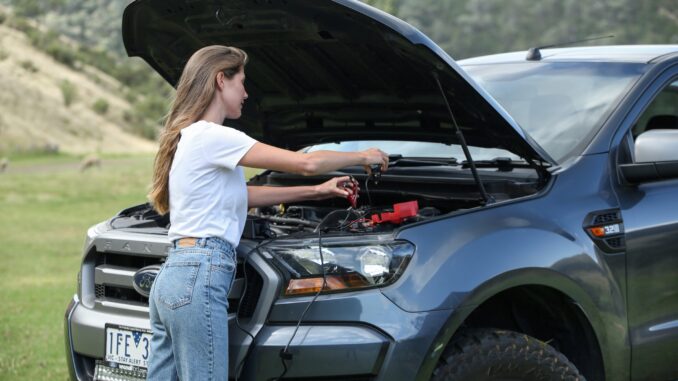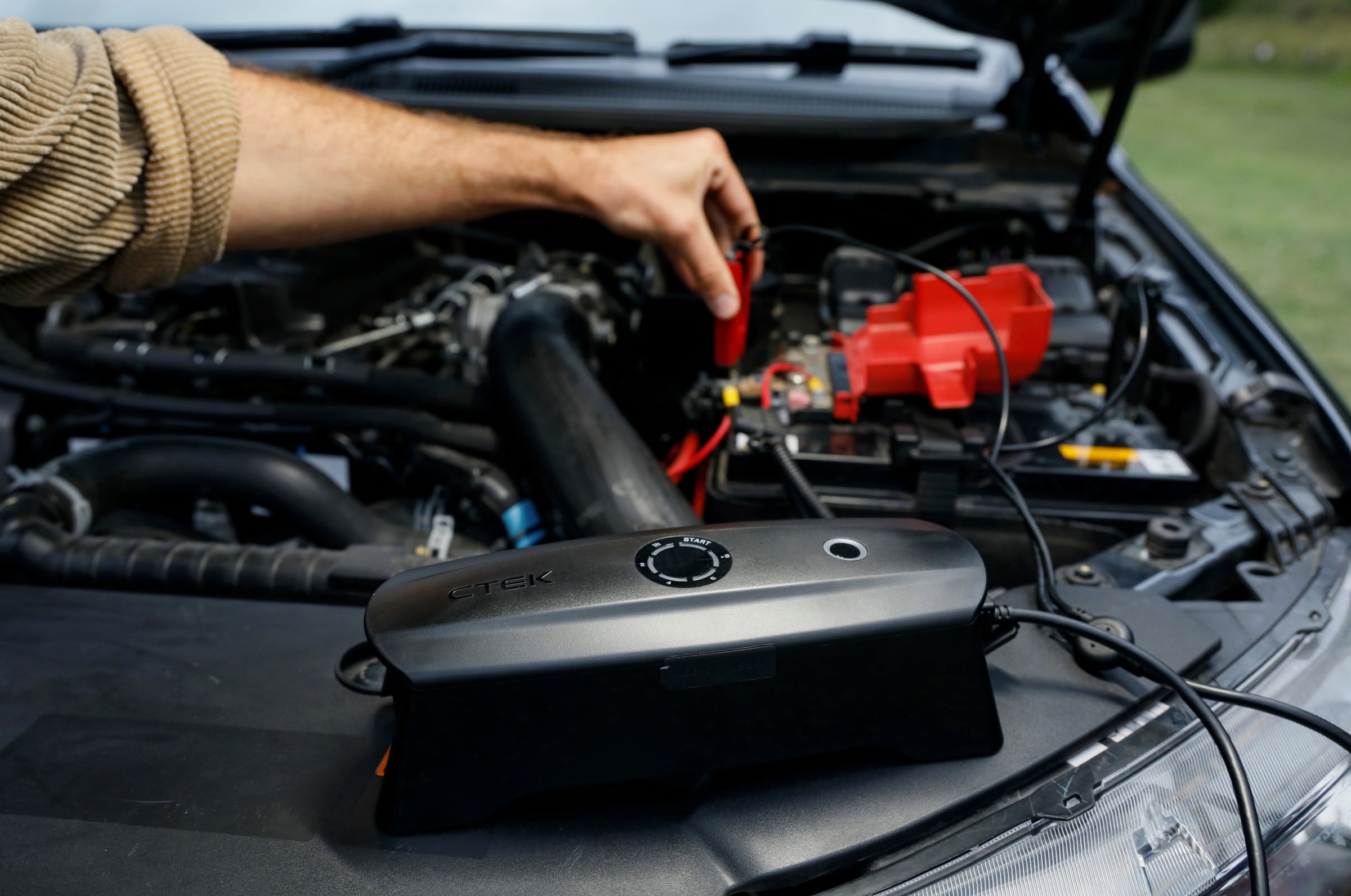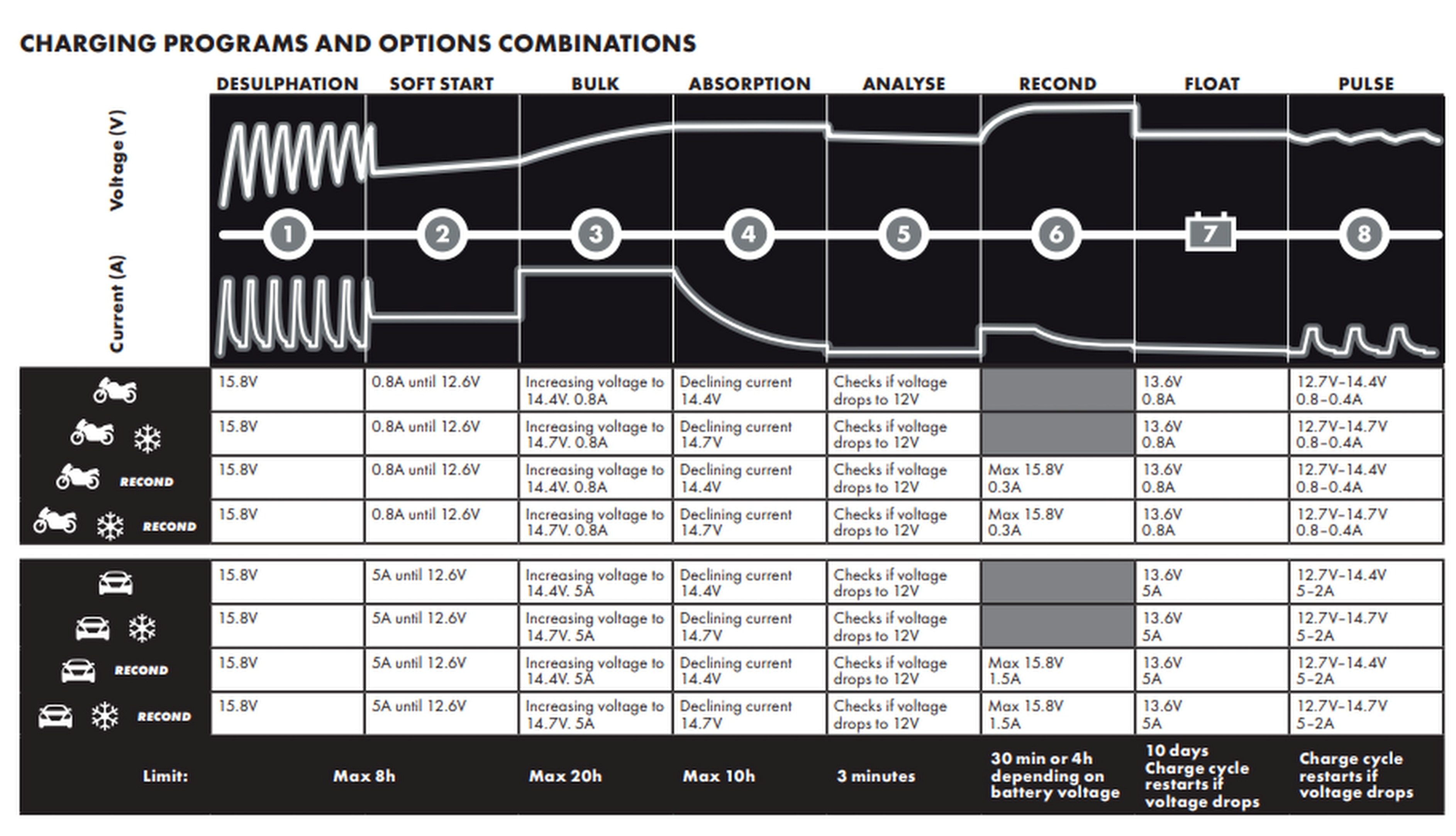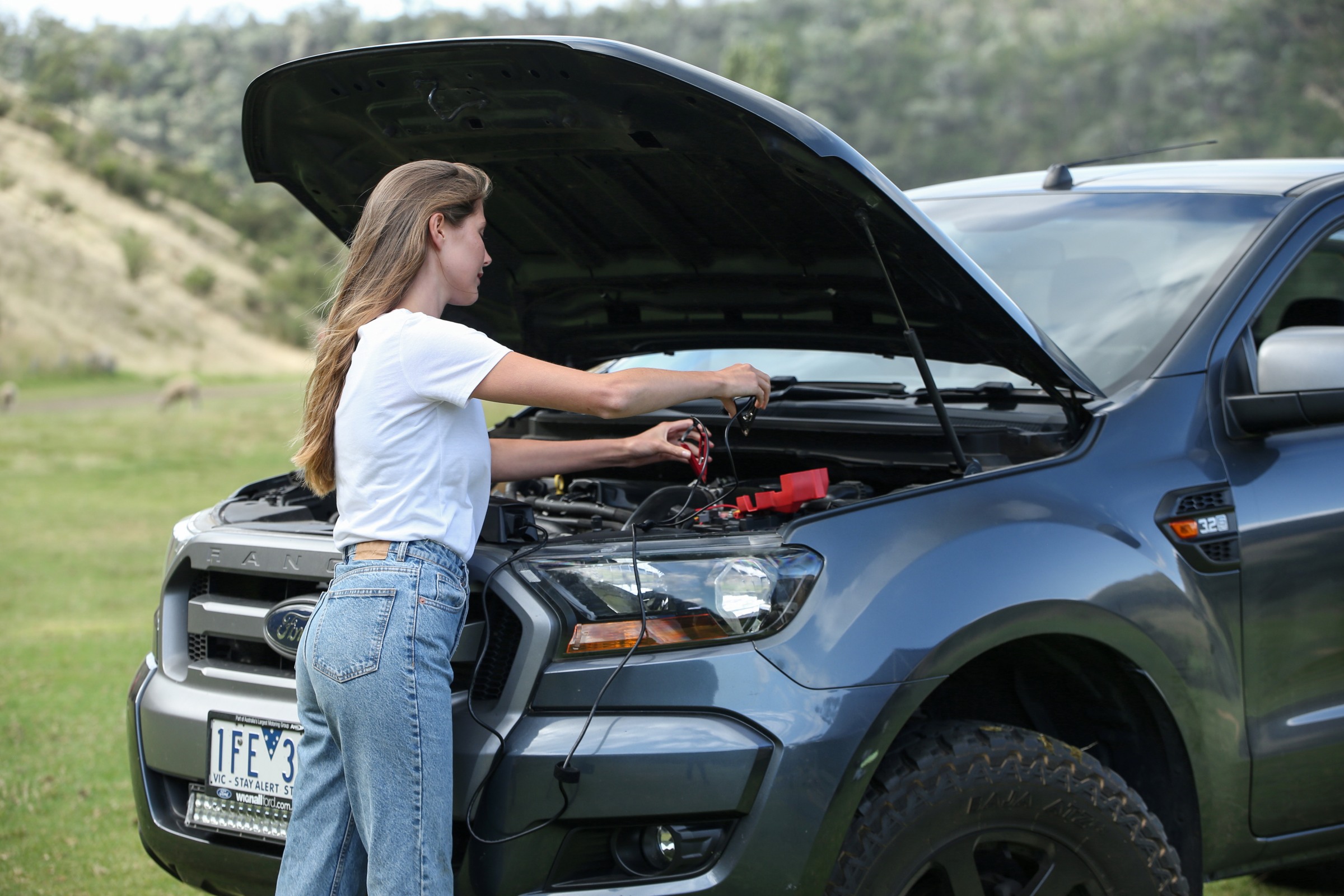
Battery Health – Today, 5th of October 2022, is Charge Your Car Day, an annual event to remind every motorist of the importance of maintaining the health of the heart of your car – its battery.
As many of us move away from the daily work commute to embrace a hybrid work model our vehicles are used less and less, increasing the rate of battery related breakdowns.
The average age of vehicles in Australia is 10.6 years, the oldest combined vehicle age in Australia[1] in the past ten years. A new study also found that the rising cost of living has severely impacted spending with one in seven Australians limiting general maintenance on vehicles and one in three currently driving less to battle the high cost of petrol and diesel[2]. With an older vehicle car park, decrease in repairs and less driving, the rate of battery breakdowns in Australia is set to rise.
In addition to decreased spending, new global car shortages mean people hang on to their current cars for longer. For older vehicles, even more care needs to be taken that the battery is operating in peak condition while for new cars, drivers need to remain aware of the increasing reliance on battery-dependent functions, such as door locking, larger display screens and digital instrumentation that mean battery health needs to be at the forefront of general car maintenance to reduce the incident of breakdowns.
Charge Your Car Day was created to educate drivers on the role battery charging plays on battery health and the steps we can take to support the humble-yet-hardworking car battery. By ensuring that our car battery is functioning correctly we can extend its life by up to three times and have a better running vehicle saving us both time and money.
Battery Health for new cars
Battery care also applies to new energy vehicle owners who of course rely entirely on their battery. While electric vehicles need to ‘Always Be Charging’ it’s important that you set a charge limit of 80-90% to stop degradation of the lithium-ion battery, most battery electric vehicles have this capability. Plug-In Hybrid owners also have a battery charging requirement with many neglecting the 12V that runs important accessories like the heating and air conditioning. Read your car manual and see if you can charge your PHEV 12V battery separately. The 12V battery is charged off the car’s internal DC-DC system from the larger battery and will only charge to 100% when connected to a battery charger which can also extend battery life by up to three times!
Paul Oddy, CTEK Regional Sales Manager for APAC, added: “Our car is the most important technologically advanced piece of equipment that we interact with every day. Regular checks and maintenance ensure that it is functioning in a reliable, efficient and safe way. As vehicles become more technologically advanced the strain and reliance on the battery increases and so it needs to be regularly charged and inspected to ensure correct functioning.
“Investing in a battery charger and maintainer is essential to ensure the safe and reliable functioning of your car. It can often prove more cost effective too and ensures that your car will start every time.”
The popularity of hybrid working arrangements means an increasing volume of infrequent, short trips significantly increasing the risk of a flat battery. The very nature of these trips puts immense strain on the battery as it is unable to recharge following engine ignition and must then work hard to provide the power required to keep the technological components on your car functioning. Battery charging and maintenance enables drivers to ensure reliable and safe functioning of their vehicle which adapts to new work from home habits.
It is important to remember as well that a flat battery can often be more serious than a minor inconvenience. While it does of course provide invaluable peace of mind, it also ensures correct functioning of all features and helps drivers save money in the long run. There is also an intrinsic link between the battery and the electronic components on the vehicle. A failed battery can have a detrimental impact on a vehicle’s electronics – potentially causing more serious damage and costs overall.
Battery Health top tips
To mark this Charge You Car Day, CTEK is sharing its top six tips for how drivers can take an active role in maintaining the health of their car battery. Ultimately, it comes down to better education and the establishment of a regular battery health routine.
- Regular battery charging
Being aware of the strain on the car battery of new car technology, changes in weather patterns and short journeys enables us to appreciate the importance of battery charging. The number one cause of breakdowns is battery failure. Regular charging can ensure sustained performance and increased life helping to reduce emissions, save money and ensure reliability. - Get into a routine
Experts recommend charging at least once a month to maintain optimum battery health. It is important to connect the battery charger to the vehicle and let it do its work quickly and effectively, ensuring it has completed a full cycle. It is also important to remember that a Plug-In Hybrid (PHEV) has a 12V battery too. It will only charge to 80% capacity while you’re driving around to bring it to 100% you’ll need a battery charger. - The ABC of EVs
Electric vehicle batteries should not be charged to 100%, instead you can set a charge limit of 80-90% on your battery electric vehicle as this stops the lithium-ion battery completing too many full cycles. Once this limit is set the rule for electric vehicles is ABC or in other words, ‘Always Be Charging’ as you can do this without worrying about degrading the battery. The optimum condition for a lithium-ion battery is maintaining charge between 20-80% with a 100% charge only recommended for longer journeys. - A healthy battery is a happy battery
It won’t matter how often you charge your battery if it is not working correctly. Look for a battery charger that has a built-in function that performs maintenance while charging. It can troubleshoot any issues with the inner workings of the car battery so that you can have peace of mind that your battery is always operating at optimum capacity. - The temperature needs to be just right, no extremes
Weather has a significant impact on battery performance. In cold conditions when the temperature reaches freezing, it can lose as much as 35% of its performance and up to 50% if the conditions are even colder. Some electric vehicles have a function that pre-heats the battery giving the car more power, better range and reduces damage to the battery in cold conditions. In the same vein hot weather can cause the battery to evaporate its fluids. As a driver you should keep an eye on how the car is starting or the operation of the electrical system in general. These may indicate a weak battery or issues with the cars electrical system. - Correct recharging methods
Commonly accepted methods for recharging can damage battery health. Methods like jumper leads, push starting a manual car or going for a drive can charge the battery too quickly causing damage which will impact the battery’s long-term ability to recharge. The best advice is to be pro-active and establish a regular car charging routine to ensure great battery health. However, if a breakdown does occur products like the CTEK CS FREE offer adaptative boost technology that delivers a steady state charge and assess the battery health before delivering the power. You’ll be going again in 15 minutes confident that you’ve caused your battery no extra harm.
We’re driving less in older vehicles with more and more technology demands. This year on 5 October all car owners should look at investigating what they can do to ensure their battery health. So, this Charge Your Car Day grab a charger, set a monthly reminder and ensure your car is always ready to go.
For further information on ‘Charge Your Car Day’ and advice for motorists, please visit: https://www.ctek.com/au/charge-your-car-day.
[1] https://www.abs.gov.au/statistics/industry/tourism-and-transport/motor-vehicle-census-australia/latest-release#average-age
[2] https://www.savvy.com.au/fuel-the-biggest-hit-to-aussie-pockets-as-inflation-rises/



